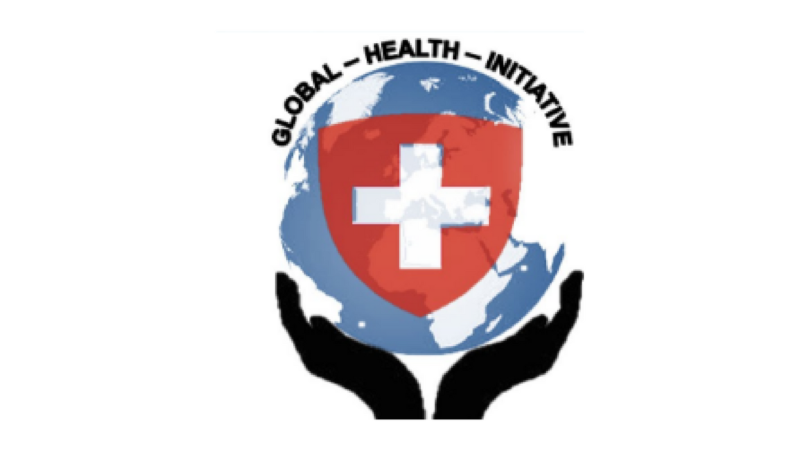The organization seeks to expose students to the practices and nuances of globalized medical services
Global Health Initiative seeks to help people who are interested in seeing how healthcare can affect a variety of communities, according to Ella Oduguwa, the group’s president.
“I want Global Health Initiative to be something that embodies going out into different communities, working with those communities, and seeing what we can bring back to Trinity. It’s an organization that’s meant to help people that are not only pre medicine, but who are interested in doing humanitarian or aid work, or who are interested in getting involved with these organizations,” Oduguwa said.
Oumoul Setamou, secretary for the Global Health Initiative, explains that the group is meant to be a way for students to explore the different aspects of health and healthcare around the world.
“Global Health Initiative started as a way to expand our interests in terms of how we view healthcare. There’s a medical club on campus, which is great, and they do a lot of stuff like visiting hospitals and seeing how medicine is practiced here in the US, but we thought there should be an outlet to examine a wider array of healthcare issues. You know, it’s important to understand power dynamics between doctors and patients and insurance and the cultural values of medicine. It’s reexamining the way we look at healthcare in the West and how people around the world see it,” Setamou said.
Global Health Initiative, Setamou explains, aims to help people understand that there are multiple dimensions of healthcare beyond simply the practice of medicine.
“I come from a medical background, my mom is a doctor and seeing how she’s interacted with healthcare after coming to this country was much different than what she was used to. I took classes with Dr. [Alfred] Montoya and we talked about some of the differences between Western and Eastern medicine, and being from Western Africa, it’s very clear that there are some big differences both in how we practice healthcare and how we view health. I think it’s very important for people to understand that health is not one dimensional. We should all seek to understand health outside of this biomedical framework that says to just treat the body while ignoring and therefore demeaning the spiritual, mental, emotional, and social factors that go into being healthy and how we treat health,” Setamou said.
Christianna Ellard, a sophomore who is working on developing a global health major, explains why it is so important for Americans to think of health in more complex terms.
“I think that, as Americans, we have a tendency to be in this bubble. We don’t always understand some of the dramatic issues beyond America. As someone who wants to work for the CDC eventually and travel the world as an infectious disease specialist, I think it’s important to understand different cultures and how they live and learn because this can help us track diseases and understand how they cycle internationally,” Ellard said. understand global health, we have to understand the forces behind it. If you don’t understand the social environment and the infrastructure there, you’re just not going to understand the crux of what’s happening,” Ellard said.
Because the world is becoming increasingly interconnected, it is important for people to start thinking of health in global terms, Oduguwa explains.
“The world is shrinking, you know, so it’s imperative that we start thinking about different countries and different areas because this issue is going to have huge impacts especially in our lifetimes on how we treat health. Everything is interconnected, so I think it’s important that people are more involved in health care system because a lot of times healthcare can be a determining factor relating to people’s positions in society. Diseases are social. There are some diseases that predominantly affect the poor, there are some that predominantly affect the wealthy, even if it’s more rare. I want us to go into a variety of these communities and observe how these diseases can affect people, especially in terms of social factors like gender, age, sex. I want people to be more aware of how these things can affect people,” Oduguwa said.
Students should consider joining Global Health Initiative if they have any interest in learning about health around the world. Setamou elaborates below.
“Anyone who is interested in learning about health, critiquing health, anybody interested in knowing more about health in other parts of the world should consider joining us. It’s important for young people who are interested in science to understand that health isn’t one dimensional. The way we see health in the west is that we oftentimes just see the body as a subject. I think it’s important to be aware that there are so many other dimensions to this concept of health, and i think it’s very important to examine these other ways of looking at the issue,” Setamou said.







